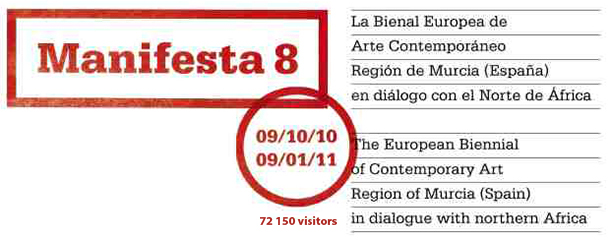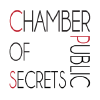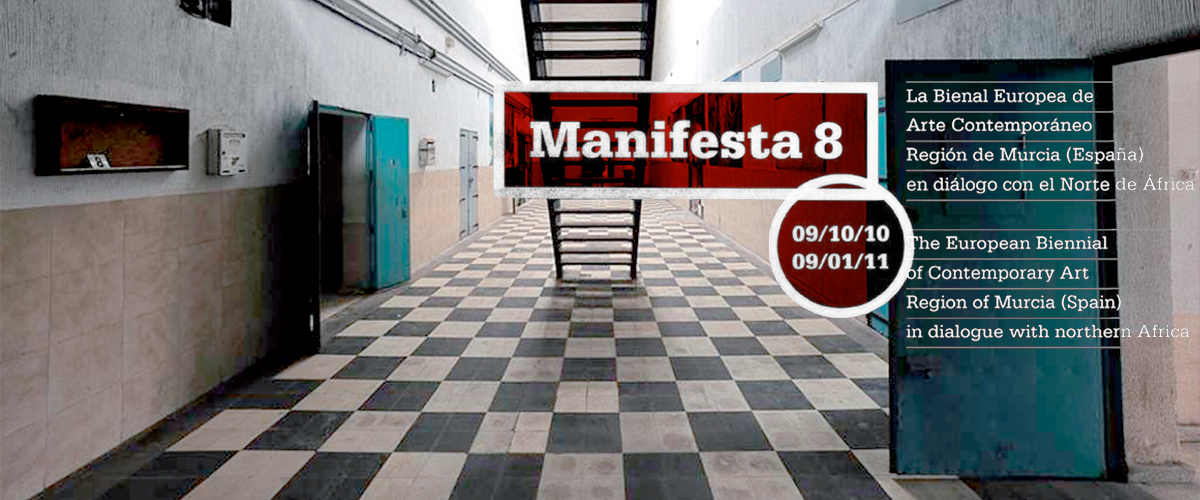
Manifesta, the European Biennial of Contemporary Art, is a roving, contemporary art event, showcasing the most innovative work by artists and curators from Europe and beyond.
In the early 1990s, Manifesta was launched as a unique, roving art event, a project devised by a Dutch initiative that took shape as the International Foundation Manifesta (IFM), an independent and not-for-profit organisation with offices in Amsterdam. As a response to the political and economic changes brought about by the end of the Cold War and the consequent moves towards European integration, it aspired to provide a dynamic platform that could support a growing network of visual arts professionals throughout the region. For this reason, from the outset Manifesta proclaimed that alongside its organisation of biennial exhibitions, it aimed to stimulate an expanding artistic network and to develop ongoing workshops for research and experimentation, involving individual artists and artistic communities from diverse backgrounds from all over the continent.
In adherence to its mandate of playing a critical role in the advancement and enhancement of dialogue within Europe, Manifesta has always sought to work with artists and professionals who might otherwise have limited access to the dominant mainstream discourse in contemporary art. This decision to incorporate complex situations and diverse geo-political areas has far-reaching implications, not only in terms of the evolution of Manifesta, but also in relation to the international art scene as a whole. The complex nature of each different location provides challenges as well as specific opportunities for each consecutive Manifesta edition. Each time, Manifesta aims to be engaged in a specific way, to make use of the location and its particular reality, not merely to utilise it for site-specific projects but rather to integrate the sites into the broader artistic project as a resource of intellectual capital to provide all participants with an ample opportunity for research and innovation.


